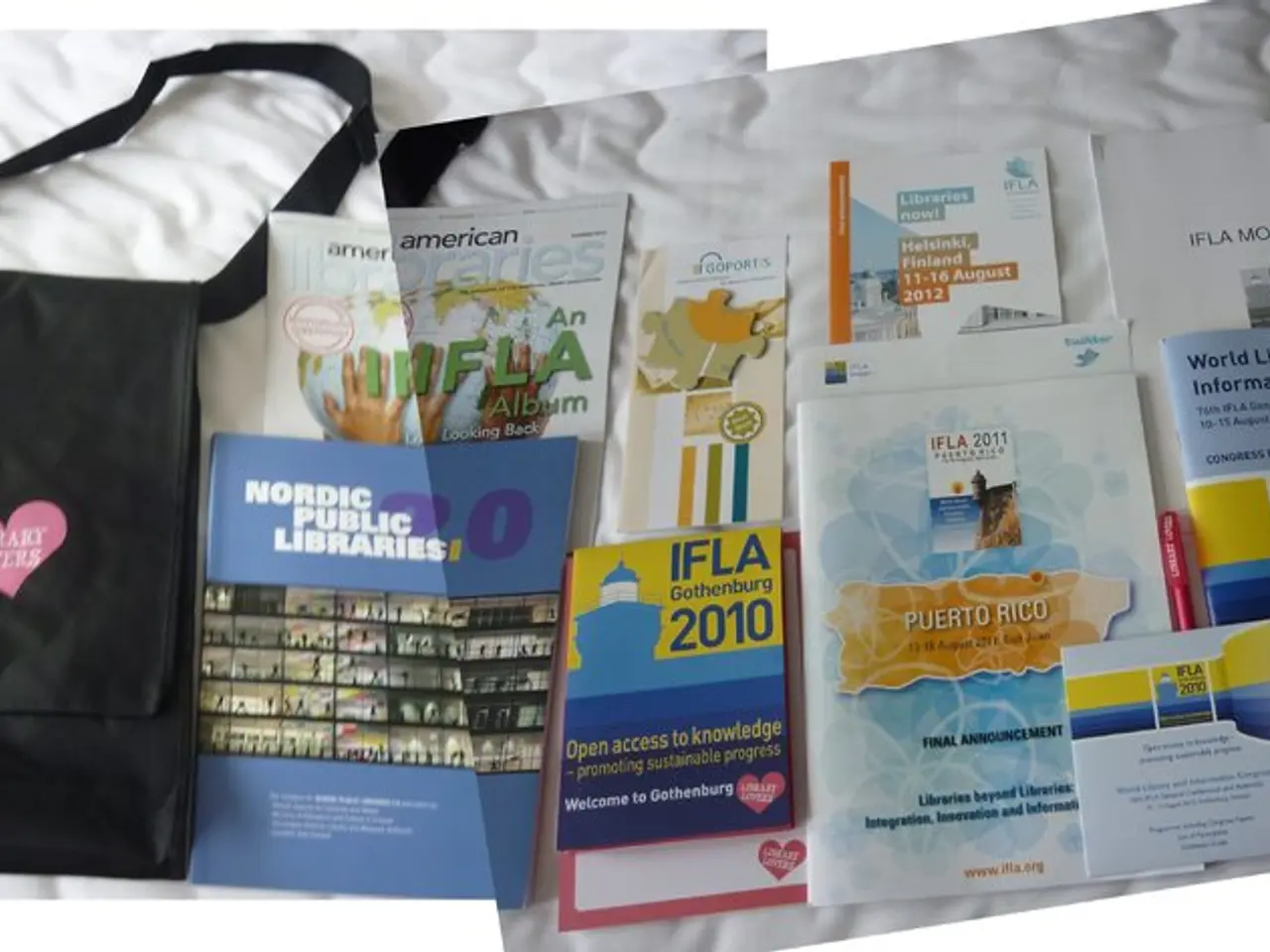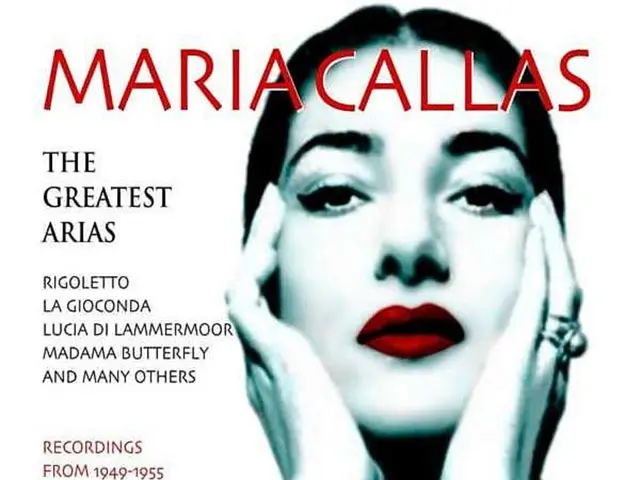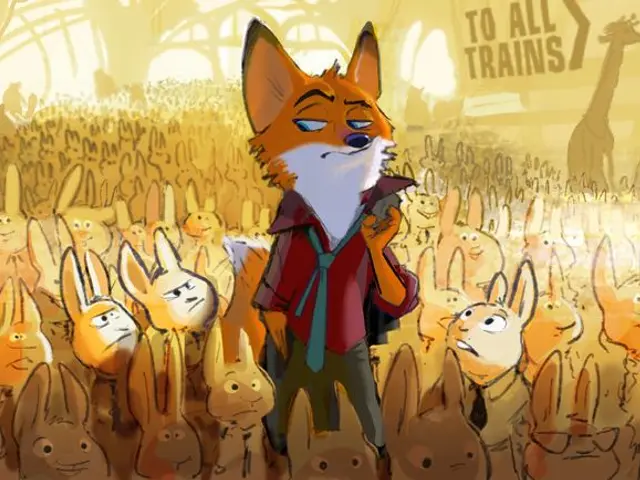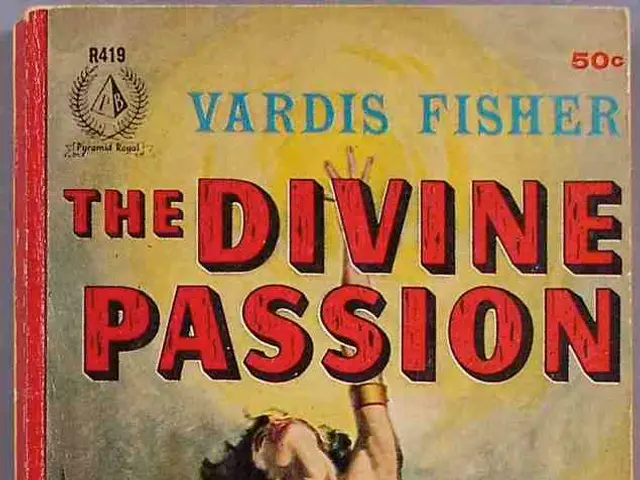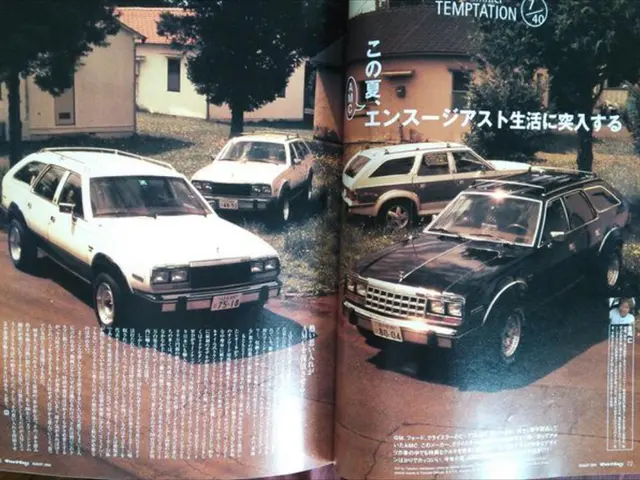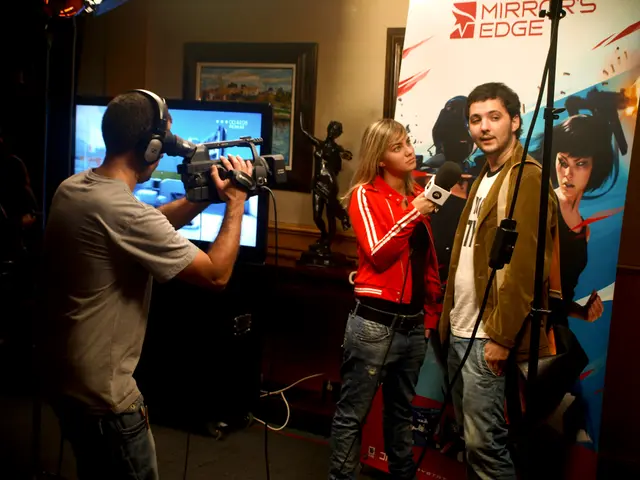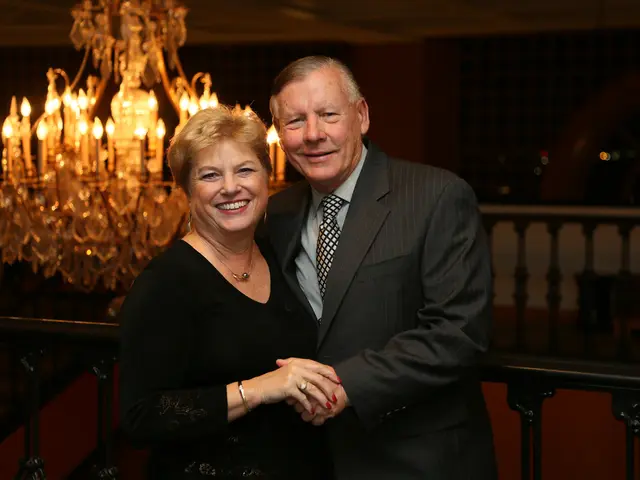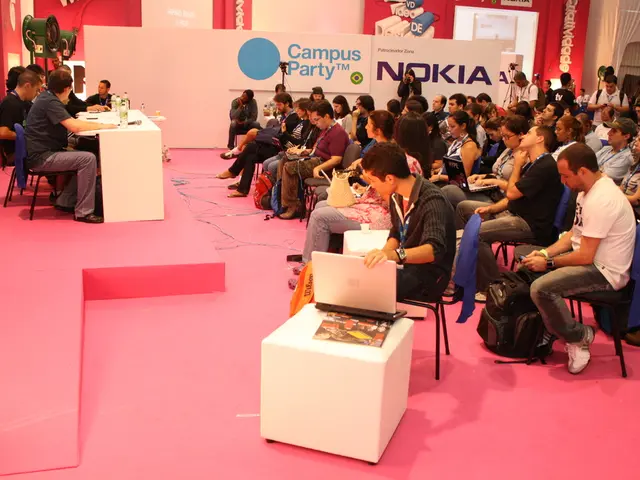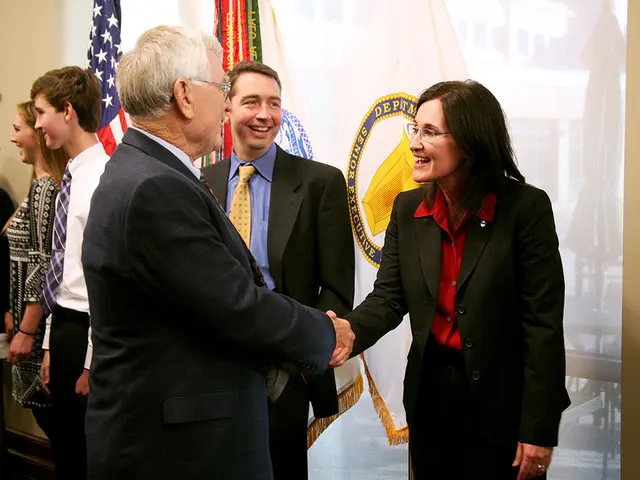Automated Literature Authors: A Look at Books Created by Artificial Intelligence
In the realm of digital literature, a heated debate has emerged over the quality and authenticity of AI-generated ebooks. A research and advocacy organization, Library Futures, has called on Hoopla to filter out low-quality, AI-generated content from its collections.
The controversy began with the discovery of inaccuracies in some books. For instance, one page inexplicably appeared twice, and another claimed that rabbits reproduce by living in the wild, a fact far from reality. These errors have raised concerns about the reliability of AI-generated literature.
The US Copyright Office (USCO) has weighed in on the issue. In a report on Copyright and Artificial Intelligence, USCO Register of Copyrights Shira Perlmutter stated that the output of generative AI can be protected by copyright "where a human author has determined sufficient expressive elements." However, the report also acknowledges that the courts will provide further guidance.
Perlmutter's stance came after her dismissal by the White House in July, a move she has since challenged with a lawsuit. The report itself was released in pre-publication form in May, stating that whether AI training can be considered fair use hinges on "what works were used, from what source, for what purpose, and with what controls on the outputs."
The debate has extended to libraries, with librarian Robin Bradford accidentally purchasing an AI-narrated audiobook on OverDrive with narrators listed as "Scarlett (synthesized voice)". Bradford found more than 100 audiobook titles with the same narrator, all of them thrillers from Lukeman Literary Management.
Lukeman Literary Management, a literary agency, has responded to the criticism, stating that digital narrations have been openly accepted and carried by all major libraries and e-tailers for decades. The agency has used a hybrid human/AI approach in some of its titles.
However, the question of copyright remains a contentious issue. Many of the books' copyright records contain the notation "Material Excluded: text generated by AI". This raises questions about the authorship of these books, with authors appearing to have many titles to their names but little to no social-media presence and only bare-bones websites.
The issue has also sparked concerns about transparency. For instance, Bold Kids, a publisher with nearly 500 books on Goodreads and Amazon, has no website or authors associated with its books. Librarian Sondra Eklund encountered a children's book from Bold Kids that contained made-up facts and poor quality, leading her to suspect that the book, along with others from the publisher, were created by artificial intelligence.
In an effort to address these issues, the American Library Association (ALA) has passed a resolution to create an artificial intelligence cross-divisional working group. The working group will be charged with developing a unified, critically informed ALA position on AI and libraries for Council consideration.
The debate over AI-generated literature is far from over. As technology continues to evolve, so too will the questions surrounding its impact on the literary world.
Read also:
- Today's most impactful photographic moments
- Support for Eric Adams in The Post's Letters to the Editor on August 13, 2025
- Roosting Shark and Rambunctious Red Squirrels: Unconventional House Rental in Yorkshire Involving Aquatic Marvel, Squirrely Mayhem, and Mystical Planning Regulations
- Legal Dispute Dismissed with Humor: Supreme Court Laughs off Another Civil Matter Mislabeled as Criminal Prosecution
